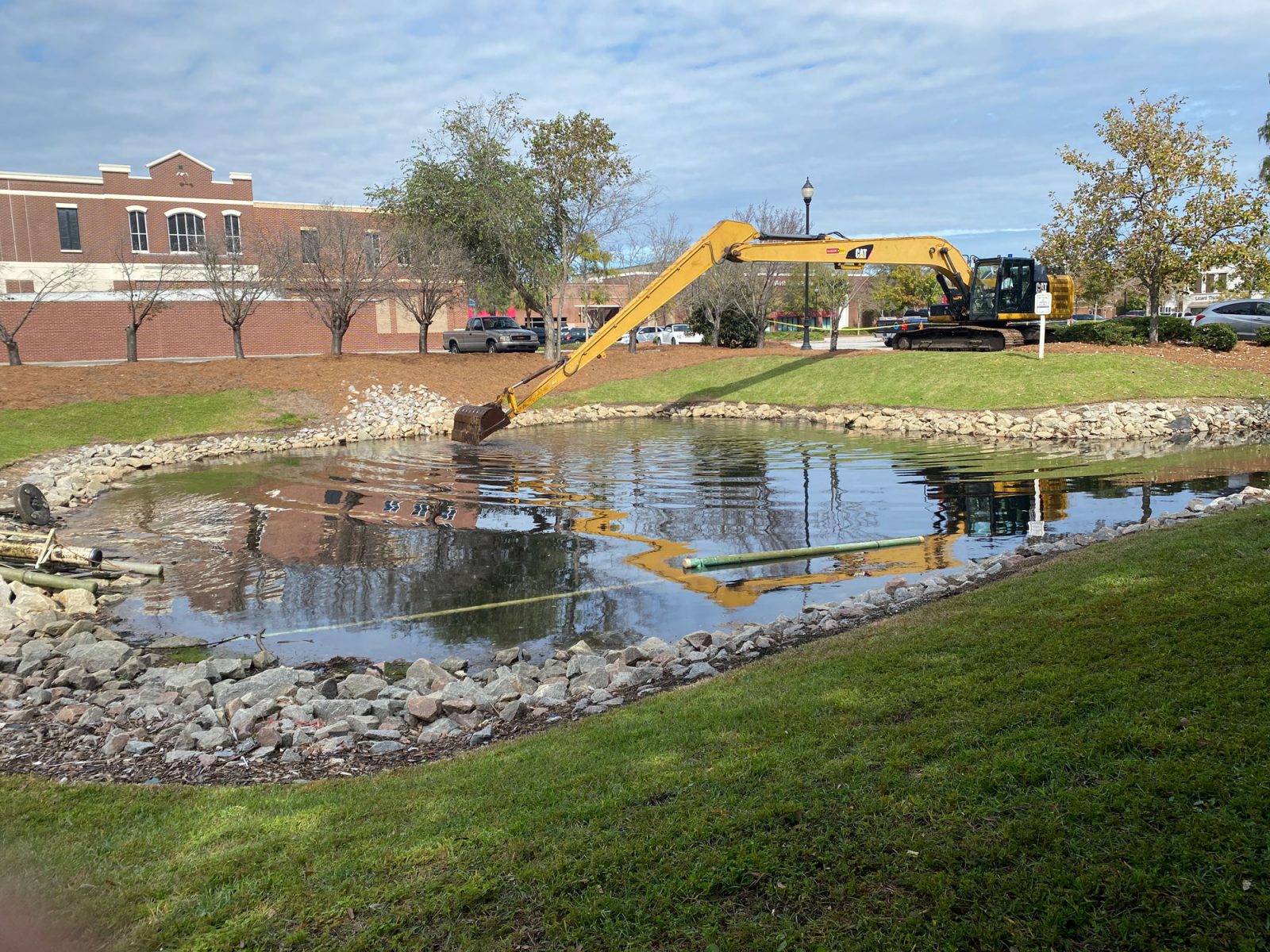

Restoring an old pond can bring new life to your property and create a beautiful, functional water feature. In this blog post, we will share some essential tips for successful pond restoration.

Before starting the restoration process, assess the current condition of your pond. Identify any issues such as leaks, overgrown vegetation, or poor water quality. This will help you create a plan for the restoration project.
Clear out any debris, dead plants, and overgrown vegetation from the pond. This will improve water quality and create a clean slate for the restoration process. Use a pond skimmer and aquatic weed cutter to make the job easier.
If your pond has any leaks, it's essential to repair and seal them before proceeding with the restoration. Use a pond liner or sealant to fix any cracks or holes in the pond's structure.
Improving water quality is crucial for a healthy pond. Install a pond filter and aerator to keep the water clean and oxygenated. Regularly test the water for pH, ammonia, and nitrate levels to ensure a balanced ecosystem.
Adding beneficial plants and fish to your pond can help maintain a balanced ecosystem. Choose native aquatic plants that provide natural filtration and habitat for fish. Introduce fish species that are well-suited to your pond's environment.
Restoring an old pond can be a rewarding project that enhances the beauty and functionality of your property. By following these tips, you can create a healthy and vibrant pond that you and your family can enjoy for years to come. If you need professional assistance with pond restoration, contact Michigan Pond Services.